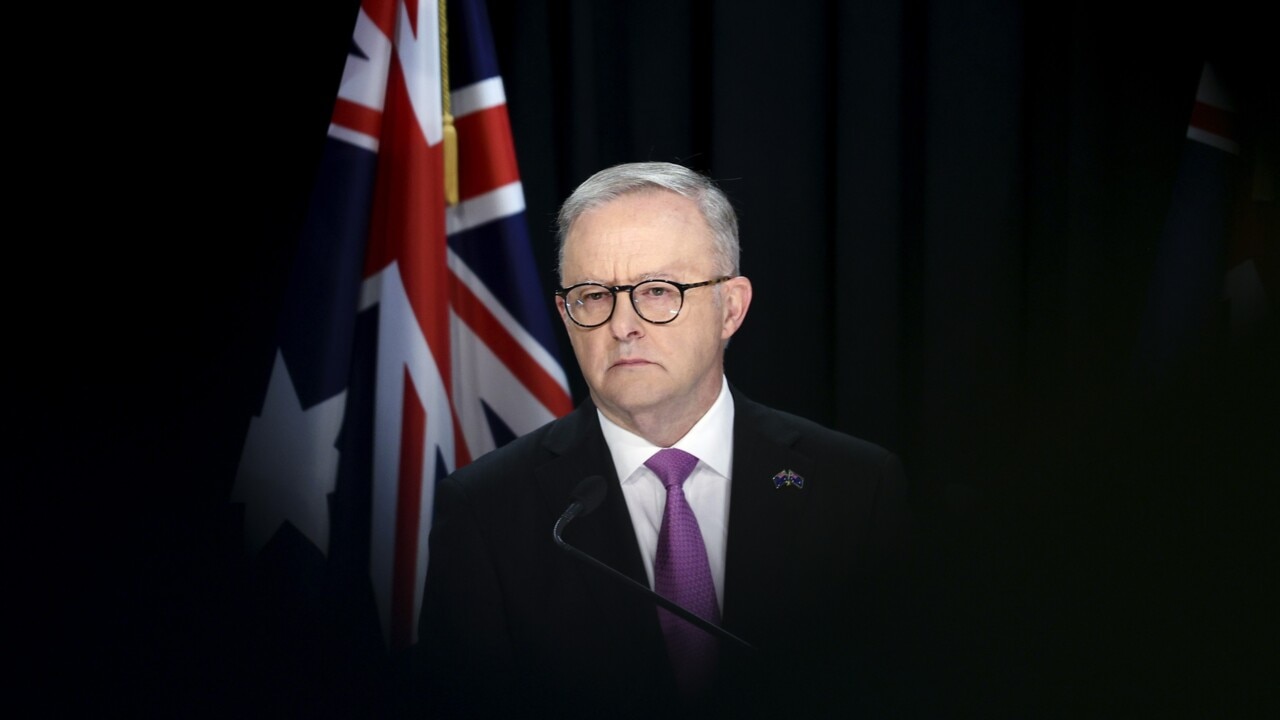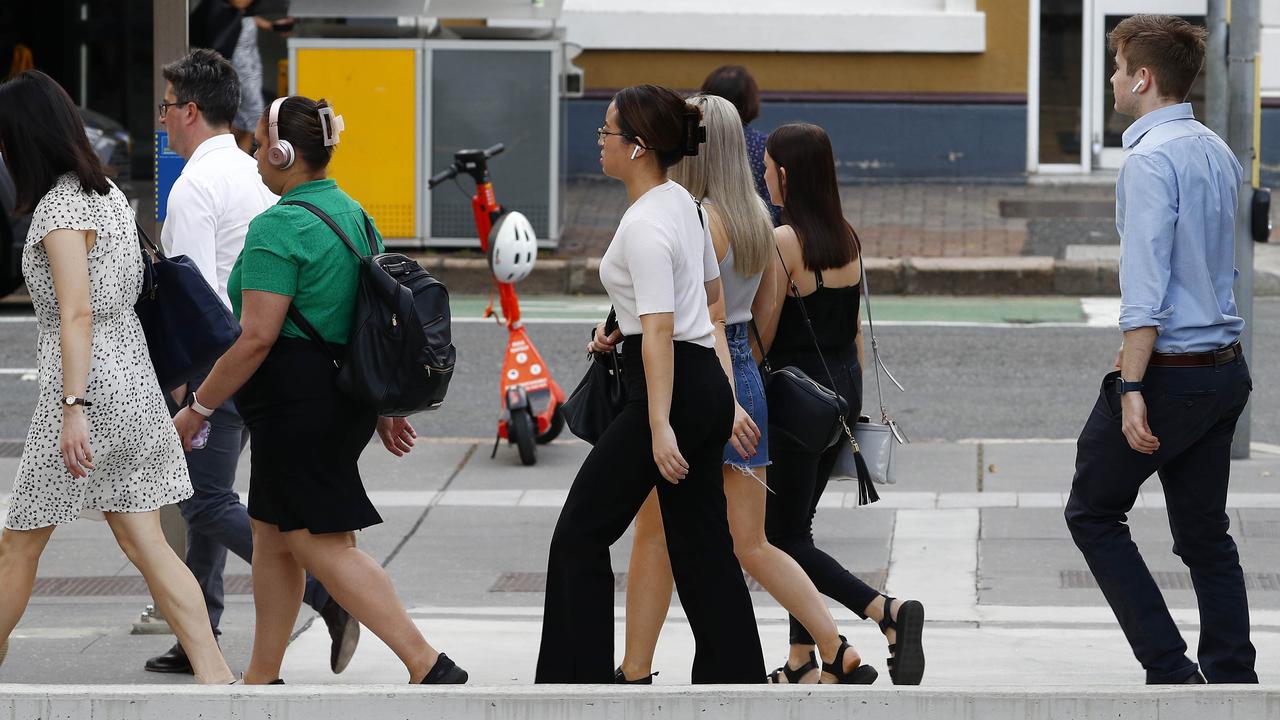National health survey finds more than a quarter of Aussies live with mental and behavioural conditions
More than a quarter of Aussies are living day to day with this chronic condition, according to a national health snapshot.

More than a quarter of Aussies are living day to day with mental health conditions, with one in every 14 people reporting they feel depressed, according to the latest outlook on the nation’s health.
The latest national health survey from the Australian Bureau of Statistics (ABS) found 26.1 per cent of Australians have mental and behavioural conditions.

The ABS classifies mental and behavioural conditions as a chronic condition in the 2022 findings.
It was the most common chronic health issue ahead of back problems (15.7 per cent) and arthritis (14.5 per cent).
The latest data revealed one in two people had at least one chronic condition.
The most prevalent chronic conditions experienced in Australia in 2022 were:
- Mental and behavioural conditions – 26.1 per cent
- Back problems – 15.7 per cent
- Arthritis – 14.5 per cent
- Asthma – 10.8 per cent
- Diabetes – 5.3 per cent
- Heart, stroke and vascular disease – 5.2 per cent
- Osteoporosis – 3.4 per cent
- Chronic Obstructive Pulmonary Disease (COPD) – 2.5 per cent
- Cancer – 1.8 per cent
- Kidney disease – 1 per cent
Women (52.3 per cent) were more likely than men (47.4 per cent) to have at least one chronic condition, according to the report.
The study also found there is a high chance of Aussies living with more than one chronic condition at the same time – known as multi-morbidity.
The ABS stated that 51.7 per of those people with a mental and behavioural condition also had some form of multi-morbidity.

More than one in 10, or 11.5 per cent, also reported feeling anxious, nervous or tense.
The latest data reflects a push to ensure support for mental health and wellbeing in early childhood is included in health checks.
The Royal Australian College of GPs president Nicole Higgins said its own Health of the Nation report found the proportion of GPs reporting mental health among their most common reasons for a patient consult rose from 61 per cent in 2022 to 72 per cent in 2023.
“Mental health and wellbeing should absolutely be included in early childhood health checks – Australia is in the grips of a youth mental health crisis, and early intervention is critical,“ Dr Higgins said.

“Just last month, a Beyondblue survey found a third of Australian parents with primary-school aged children are seriously concerned about their child’s mental health, with one in three extremely concerned.
“And we are seeing more patients with mental health concerns.“
RACGP is calling for mental health and wellbeing in early childhood health checks to be a staple of the draft national guidelines in its submission to the National Mental Health Commission.
“We need to take a holistic view of a child’s health and wellbeing,” Dr Higgins said.
“Mental health issues in childhood can have a substantial impact on wellbeing, and there is strong evidence that it can continue to impact on health and wellbeing into adulthood.”






